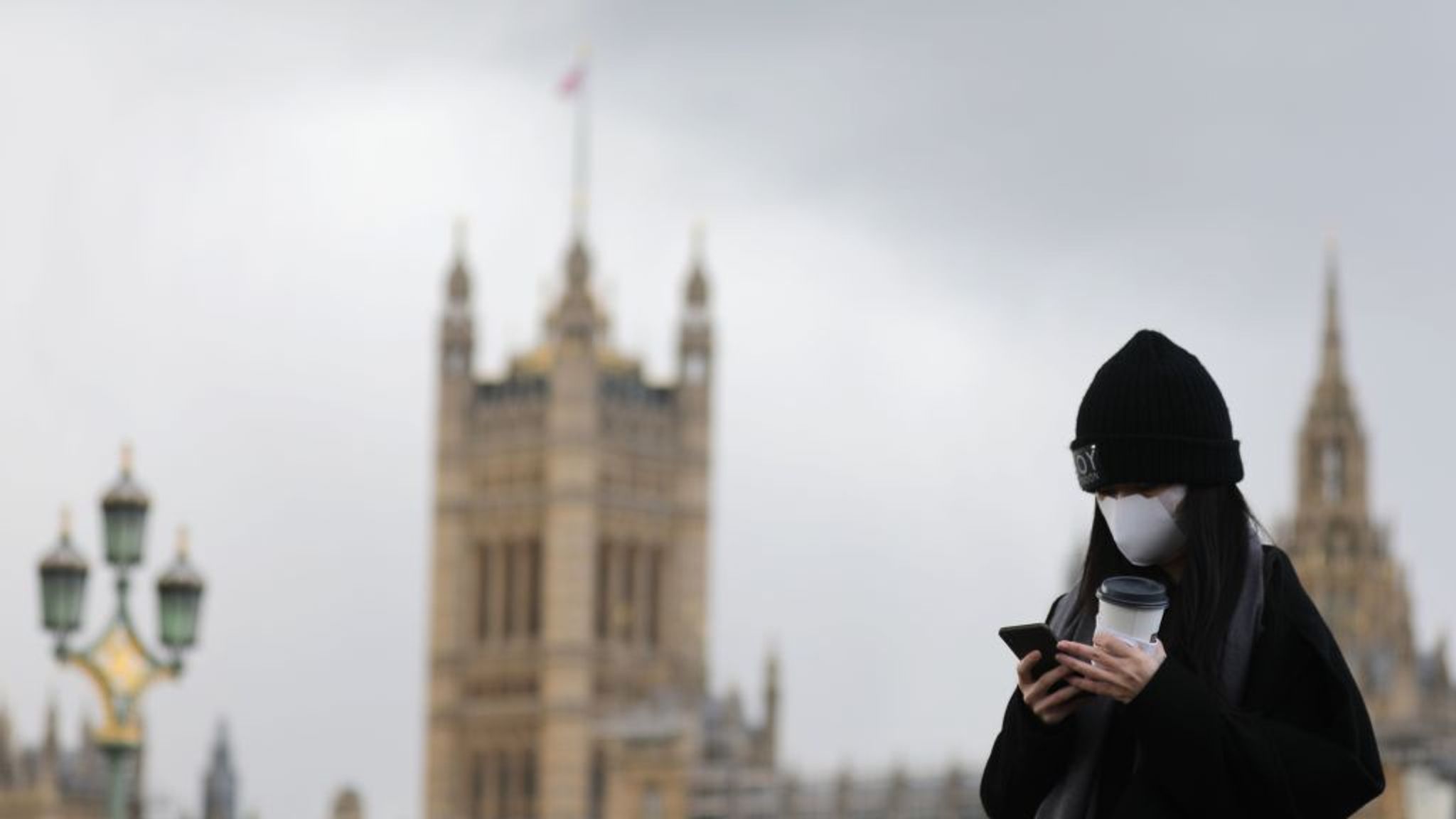Mobile location data helps government track movement amid coronavirus outbreak

The government is using smartphone location data to determine whether the general public is adhering to the social distancing guidelines set out to combat the spread of the coronavirus.
Mobile operator O2 is reported to be working with the government following a tech summit involving the UK’s major phone networks at Downing Street last week.
Following the reports, those involved were eager to stress that the new initiative would not keep tabs on individuals and that it is designed to analyse macro trends.
With the number of cases increasing each day, especially in London, ministers and officials believe location data can help the government to monitor how people are responding to new restrictions.
Prime Minister Boris Johnson placed the UK on lockdown on Monday evening as he continues to enact increasingly draconian measures.
Johnson called on all non-essential workers to stay at home and only venture out to buy food and exercise once a day, and to not congregate in groups of more than two.
However, using a person’s location to enforce those measures does pose data protection and security risks.
To comply with data laws, the government is only working with a single provider, O2.
However, Open Rights Group director, Jim Killock believes the “secretive discussions” could breed mistrust and he called on the government to be more transparent.
O2 said any data that could identify specific individuals would not be shared.
It also noted that its mobile tech would help to assist the public health efforts by mapping and controlling the spread of the virus.
‘Using our mobile technology, we have the potential to build models that help to predict broadly how the virus might move,” an O2 spokesperson said.
